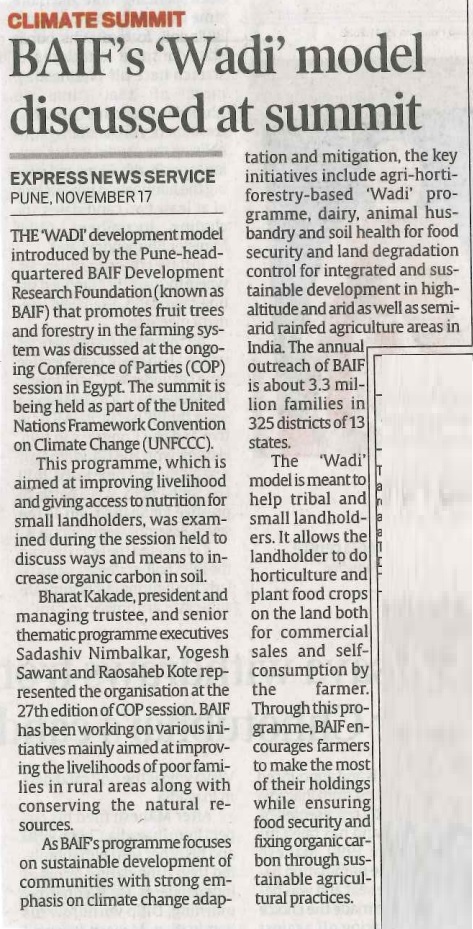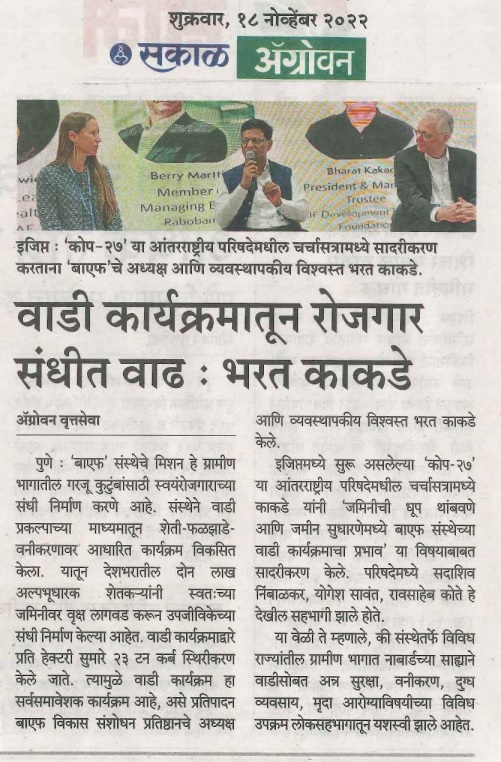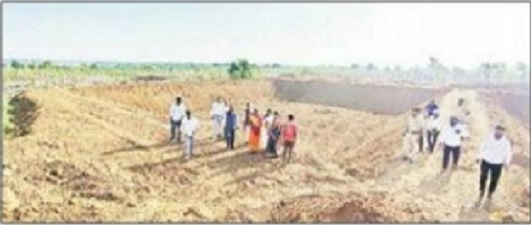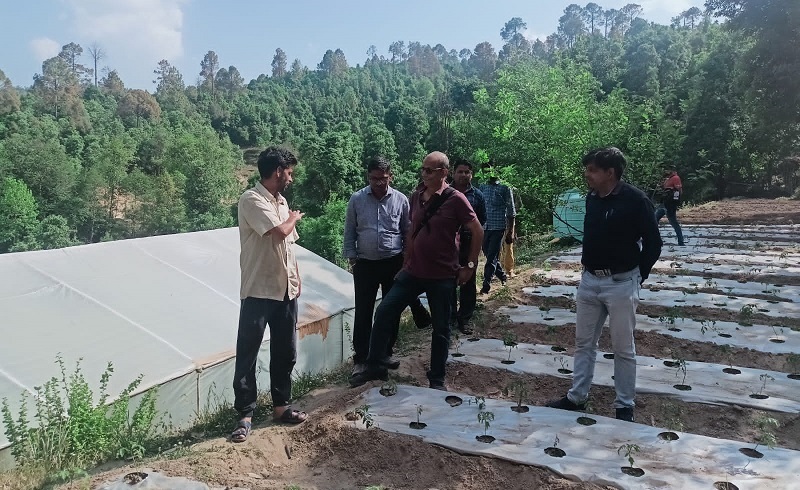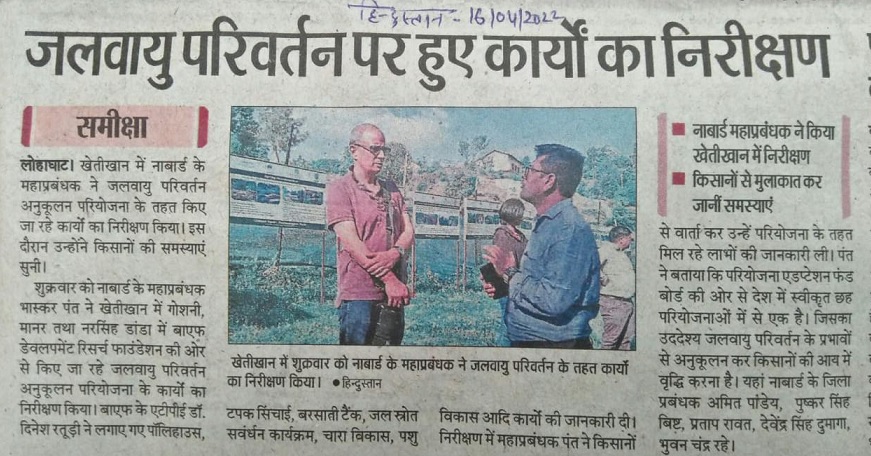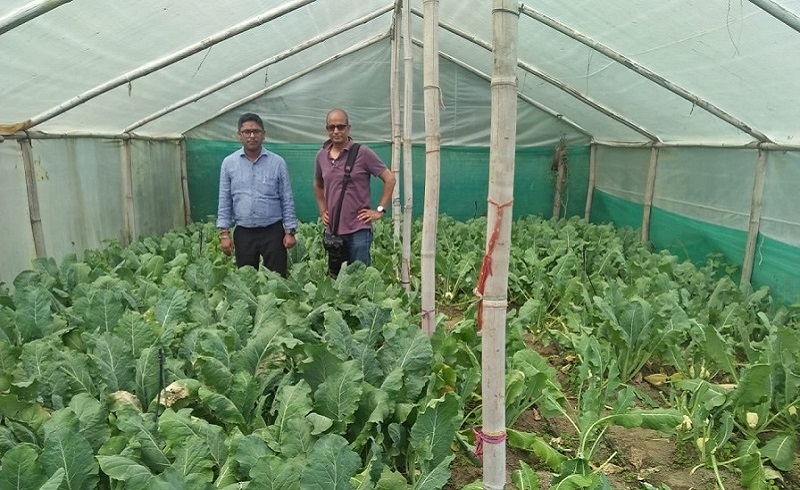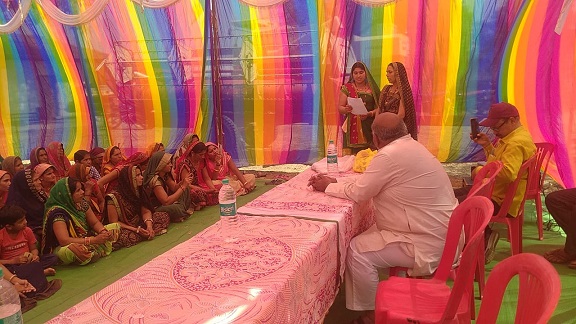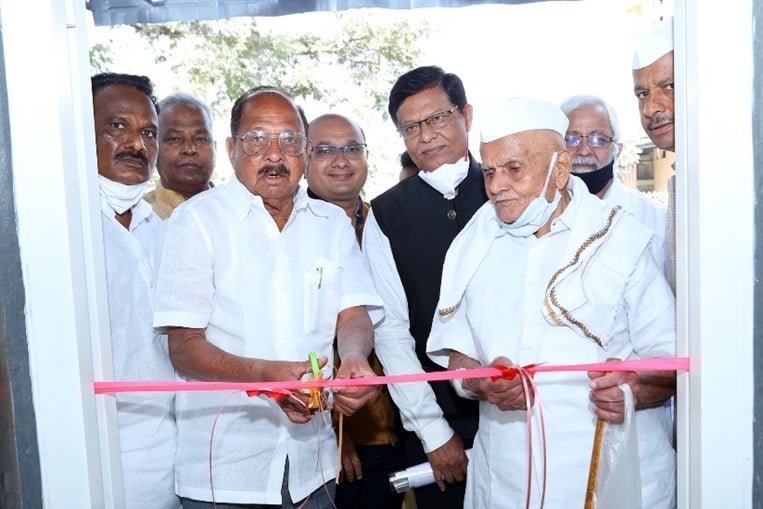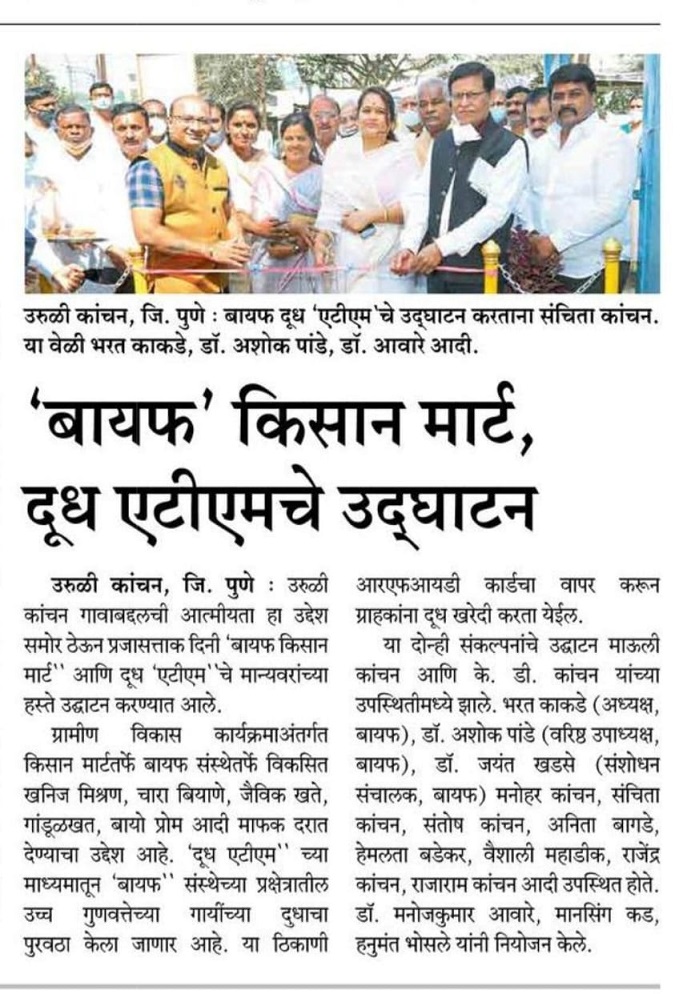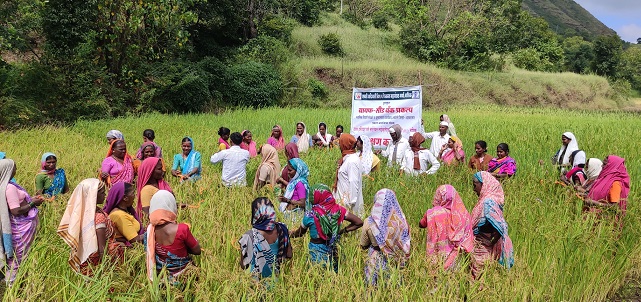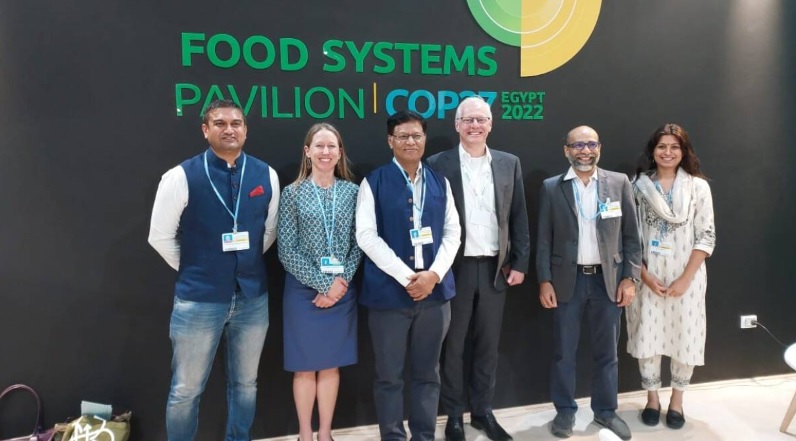
UN climate summit: Pune-based BAIF’s ‘Wadi’ model discussed in COP
The annual outreach of BAIF is about 3.3 million families in 325 districts of 13 states. (Express photo)
Nov 17, 2022 :
‘Wadi’ model, meant to help tribal and small landholders, allows the landholder to plant food crops for commercial sales and self-consumption. It was examined during the session held to discuss ways and means to increase organic carbon in the soil.
The ‘Wadi’ development model introduced by the Pune-headquartered BAIF Development Research Foundation (known as BAIF) that promotes fruit trees and forestry in the farming system was discussed at the ongoing Conference of Parties (COP) session in Egypt. The summit is being held as part of the United Nations Framework Convention on Climate Change (UNFCCC).
This programme, which is aimed at improving livelihood and giving access to nutrition for small landholders, was examined during the session held to discuss ways and means to increase organic carbon in soil.
Bharat Kakade, president and managing trustee, and senior thematic programme executives Sadashiv Nimbalkar, Yogesh Sawant and Raosaheb Kote represented the organisation at the 27th edition of COP session.
BAIF has been working on various initiatives mainly aimed at improving the livelihoods of poor families in rural areas along with conserving the natural resources. As BAIF’s programme focuses on sustainable development of communities with strong emphasis on climate change adaptation and mitigation, the key initiatives include agri-horti-forestry-based ‘Wadi’ programme, dairy, animal husbandry and soil health for food security and land degradation control for integrated and sustainable development in high-altitude and arid as well as semi-arid rainfed agriculture areas in India.
The annual outreach of BAIF is about 3.3 million families in 325 districts of 13 states.
The ‘Wadi’ model is meant to help tribal and small landholders. It allows the landholder to do horticulture and plant food crops on the land both for commercial sales and self-consumption by the farmer. Through this programme, BAIF encourages farmers to make the most of their holdings while ensuring food security and fixing organic carbon through sustainable agricultural practices.
Kakade highlighted how BAIF was closely connected with food security and carbon emission reduction initiatives. “BAIFs mission is to create opportunities for self-employment for needy families in the villages. The typical issues faced by small farmers in India are degraded lands, poor soil health resulting in low crop productivity thereby affecting the livelihoods of the poor. Several small holding farmers depend on seasonal migration for their livelihoods,” he said.
He further mentioned that BAIF has evolved and upscaled the Wadi-based programme (agri-horti-forestry) which has generated livelihood opportunities for 0.2 million smallholder farmers in their own land through capacity-building, skilling, training, and support for planting trees. The fruit trees are planted on the farm and forestry trees on the borders. Short gestation crops are cultivated in the interspaces. The production is aggregated and marketed by the farmer cooperatives.
The Wadi model would also sequester a significant quantity of carbon. BAIF expressed its decision to align its programmes with the strategic low-emissions development transitions outlined in India’s long-term Low Emissions Development Strategies (LT-LEDS) document released by the Union Minister for Environment, Forest and Climate Change Bhupender Yadav at the India pavilion at the COP session on November 14.
